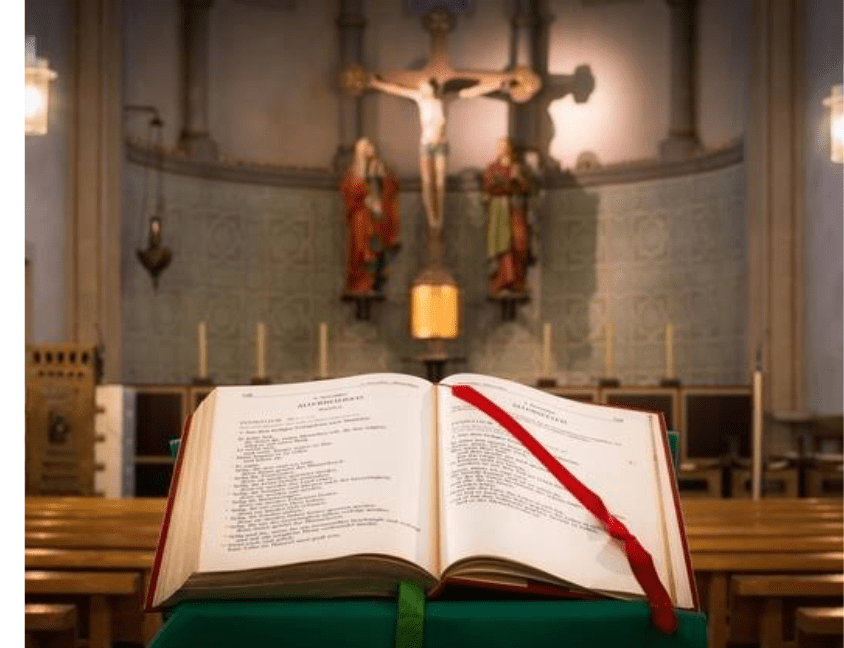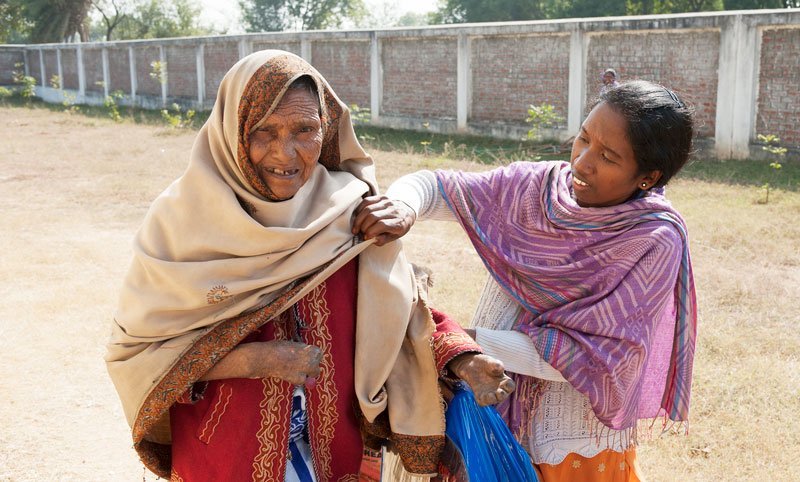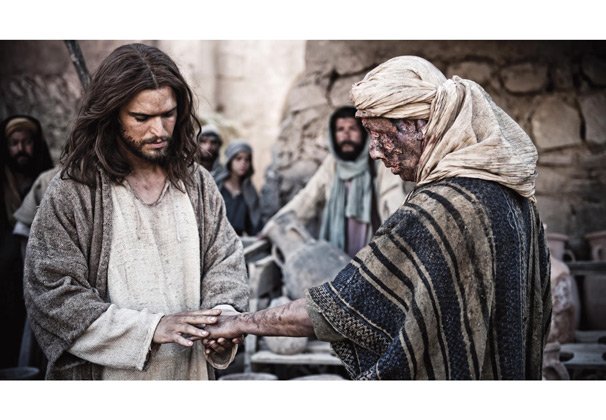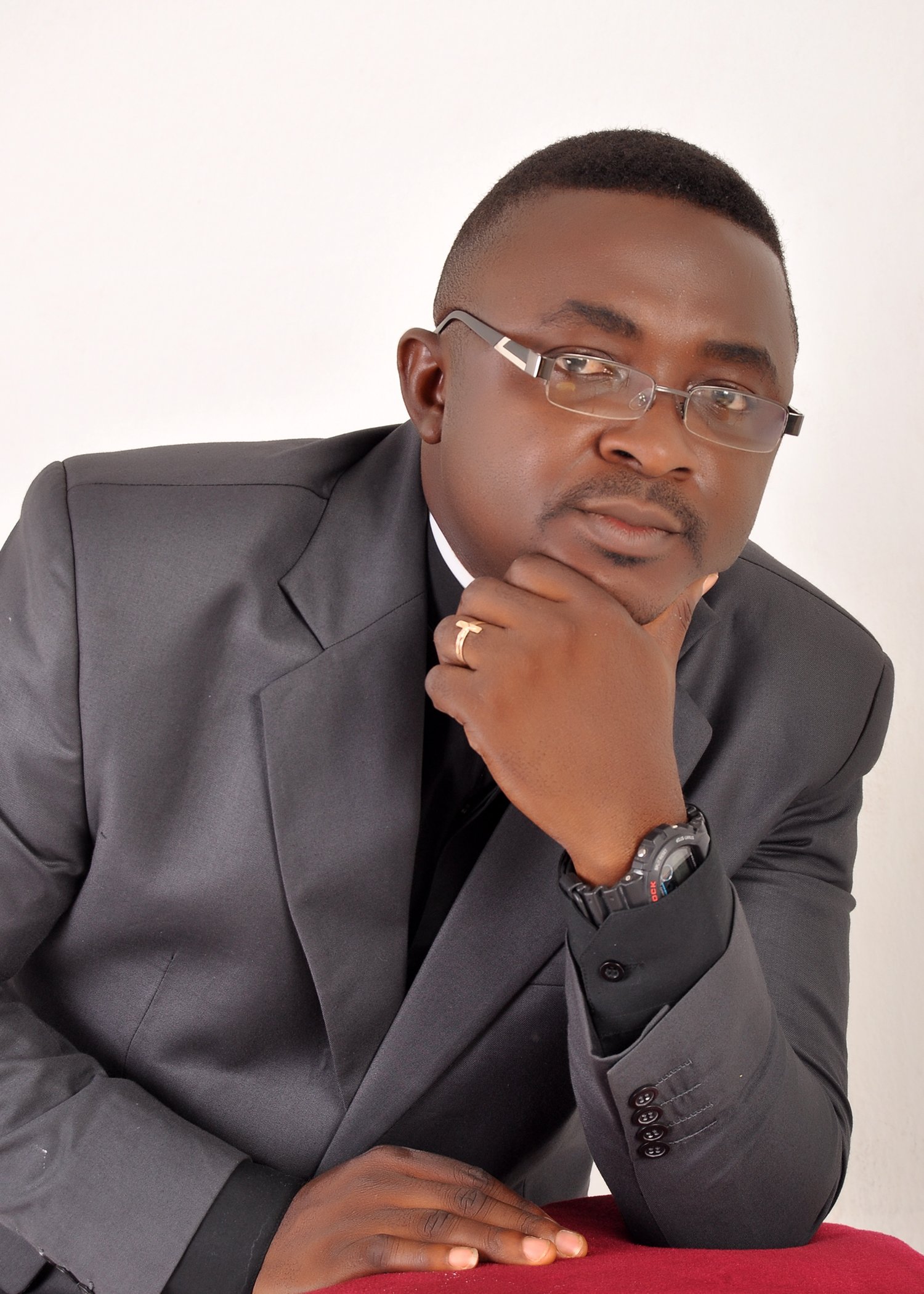Homily For The Sixth Sunday In Ordinary Time, Year B Jan. 11th 2024.
Let us ask for God’s forgiveness, strive to be pure, bring down the walls of discrimination, and build an inclusive society where everyone is respected, loved, and cherished.

Sunday Readings
My Dearest Friends in Christ,
I welcome you graciously into the presence of God at this very special moment of personal reflective encounter with the Divine and transforming Words of God. May His Word today purify your heart and make you clean and blameless in His sight.
We Must Strive For Purity and Holiness of Life
The readings of today remind us that our love for God must be expressed in living a life of purity free from every taint of the leprosy of sin. Our love for others should prove itself by breaking down the walls of prejudice and discrimination by extending our hands to share the warmth of our love with all, especially those whom society rejects.
Beware Of The Leprosy and Contamination of Sin
The first reading from the book of Leviticus reminds us that nothing impure is acceptable in God’s sight and hence we have to strive to be pure and holy in thought, words, and action. This we can achieve by avoiding all forms of sin that contaminate us with impurity leaving us worse than the lepers under the Levitical code of the Old Testament time. In the O.T., lepers were considered socially and ritually impure. They were ostracized, traumatized, and humiliated by their condition. Today, Glory to God, the devastating disease of Leprosy has been fully eradicated in the world but the leprosy of sin is still ravaging and infecting humanity. Leprosy is a disease that causes disfiguring skin sores and nerve damage and is highly contagious and deadly. In comparison, therefore, more deadly are those sins of the flesh that disfigure the beauty of the human soul, making us spiritually impure in God’s sight especially the sins of the flesh.
Just as bodily leprosy is deadly, deadlier is the leprosy of sin because it quarantines us from God making us spiritually and ritually impure in God’s sight. Sin damages the relationships between people. St. Catherine of Sienna speaking about the effects of the sins of the flesh said: ” No sin has greater power over the soul than the one cursed by sodomy, which was always detested by all those who lived according to the law of God… Someone who lived to practice the vice of sodomy will suffer more pains in Hell than anyone else because this is the worst sin that there is.”
Our Life Of Purity Must Not Exclude Genuine Concern For Others
Our struggle to remain holy and pure and free from all contamination of sin must not exclude our genuine love, concern, and sensitivity to the needs and welfare of others. Holiness does not consist in avoiding sins only but in doing good to others. The second reading is situated within the context where Paul was confronted in the Corinthian community about the relationship and eating with pagans. This was his reply: “Since the earth and all that is in it is the property of the Lord” a Christian could lawfully eat any meat placed before him, and need not be concerned as to its origin. But if the use of this lawful freedom should scandalize a weaker brother who would think that his fellow Christian intends to honor the pagan gods, then the Christian should deny himself this freedom. Paul calls each of us to follow our conscience carefully, without condemning others or trying to change their behavior. “I try to please all in any way I can by seeking not my advantage.” We too, must follow Paul’s and Jesus’ example, responding with sensitivity toward others who are different from us, rather than passing judgment on them. The Glory of God is served when God’s people serve one another and live in loving unity. Let us be open to welcoming those whom society rejects. No human being is worthless no matter their condition. A little more openness and compassion will radically change our negative perception of others. He is not a holy person who discriminates against others.
He Became Unclean In the Sight of the Law That You May Be Clean
Jesus in the Gospel demonstrated what it means and takes to live above prejudice and to be sensitive to the plight of others. Despite the existing Levitical laws of ritual purity, He touched the leper thus bridging the gap between what is clean and what is unclean. Thereby, He identified Himself with all lepers, with all who were ritually or socially unclean and isolated, and with all of us sinners who are spiritually unclean and have no way to change our condition except through His Sacrifice and Mercy- His healing touch. Thus, He became “unclean” in the eyes of the law that we might be made clean. We can bring down the walls of prejudice and discrimination by learning from the example of Christ. No law is greater than the law of charity. Jesus risked being infected, He risked being contaminated to heal this leper. Can we still make heroic sacrifices to save the life of another? Do we see people who donate their blood, or body parts to save others as being unreasonable? It might be very risky, but Christ teaches us that such heroic sacrifices heal and save. We can learn from the example of St. Damien of Molokai whose compassion for the lepers led him to spend sixteen years in the “living graveyard that was Molakai.” He died there at the age of forty-nine in service to people suffering from the terrible disease of leprosy.

My dearest brothers and sisters, we are about to enter the Lenten season. This is a season that affords us another opportunity to cleanse ourselves from every contamination of sin. Through fasting, praying, and almsgiving we learn to detach ourselves from sin and cling to God. May His Words today transform our perception of others, lead us to seek God’s forgiveness, and bring healing to us all suffering the spiritual leprosy of sin.
♥With love from me to you. Happy World Day of Marriage. Keep loving! Keep living.♥
I keep you and your family always in my prayers. ©Clem C. Aladi (2024)


